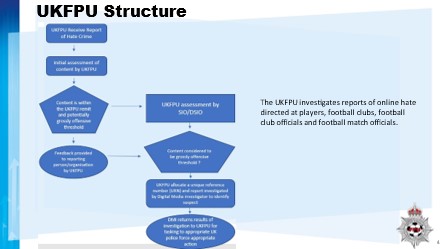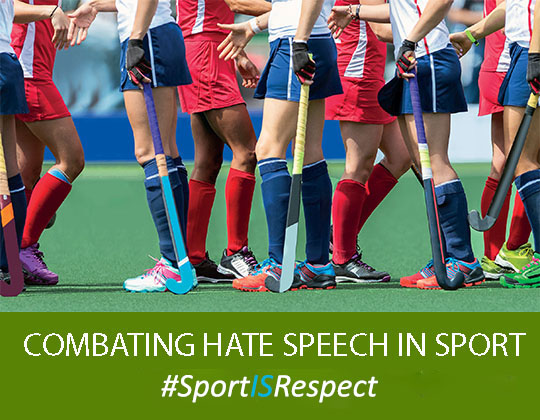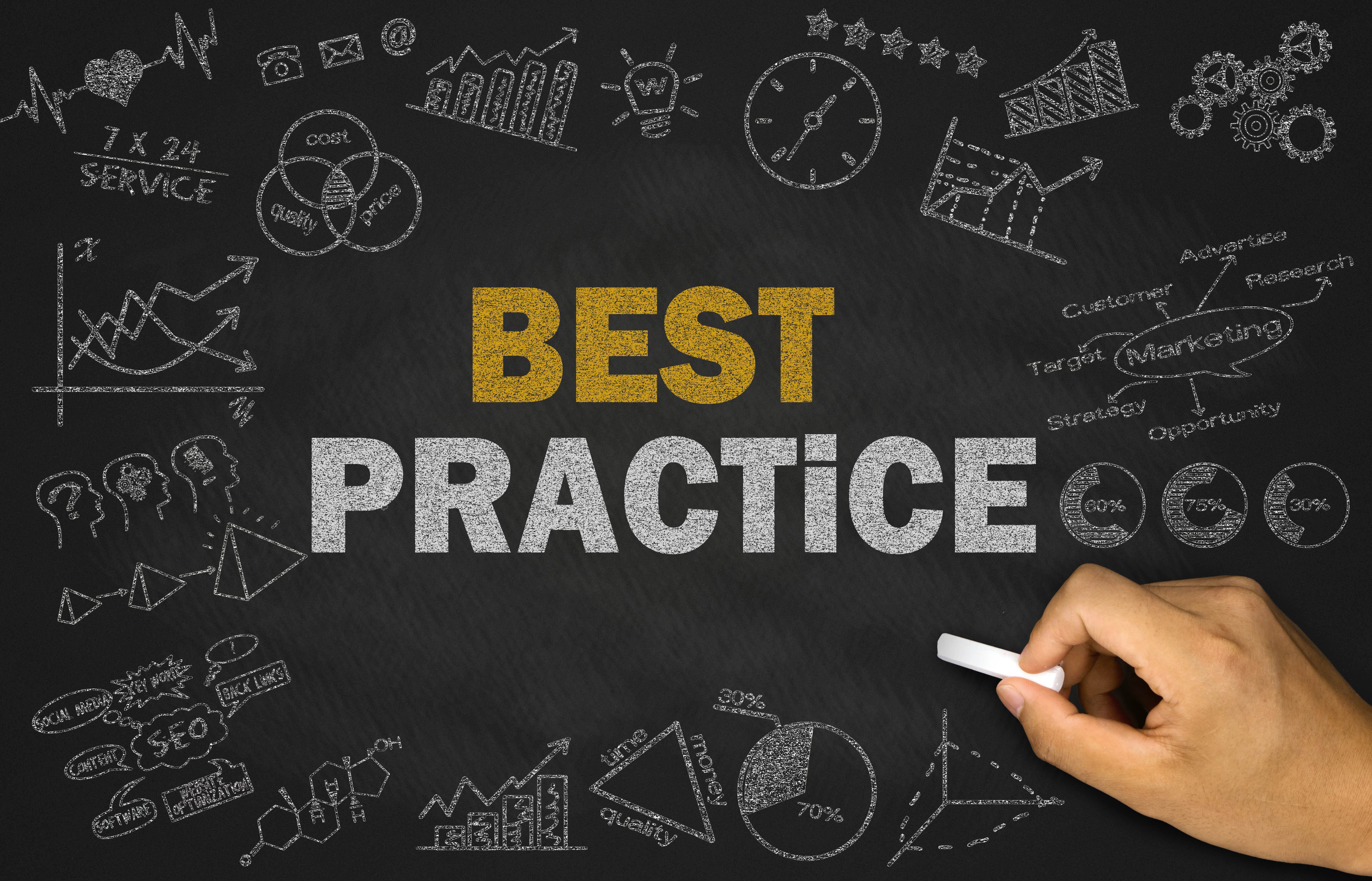Eradicating online hate

@Régis Suhner/CoE
In today's digital age, tackling online abuse has emerged as a critical issue, that requires implementation of effective legislation. Testimonies from all sport actors, in particular players and referees, provide valuable insights into the nature of this phenomenon and its profound impact on both their personal and professional lives, as well as those of their families. It is therefore crucial to raise awareness of the detrimental effects of online abuse on the mental well-being and performance of victims. In response to this growing concern, many companies have developed software to monitor, moderate, and combat online abuse, and to protect social channels from hate speech, harassment, and other unlawful content.
Their cutting-edge solutions play a vital role in safeguarding the online experience of sportspeople, fostering a safer and more inclusive digital environment for all users.
In this page you will find examples of the experiences of some relevant companies, alongside a compilation of best practices to combat online abuse
Companies combating online abuse
 Country: England and Wales
Country: England and Wales
 Organisation responsible: United Kingdom Football Policing Unit (UKFPU)
Organisation responsible: United Kingdom Football Policing Unit (UKFPU)
 Main topic addressed: Tackling hate crime online posted towards footballers, football clubs (including tragedy chanting) and professional referees
Main topic addressed: Tackling hate crime online posted towards footballers, football clubs (including tragedy chanting) and professional referees
 Type of resource/practice:
Type of resource/practice:
This involves having a network of reporting mechanisms, with a central repository collated into the UKFPU. Reporting agencies include, players, football clubs, charity (Kick it Out) Football Association, Premiere League and EFL.
Each report is assessed and if it potentially meets the threshold for a criminal offence it is forwarded to the Senior Investigating Officer (DSUPT Mike Ankers), who will make an assessment. (Note the threshold in UK Law for hate crime being something which is deemed grossly offensive against a protected characteristic).
If it meets the threshold it is assigned a unique reference number and then allocated to a Digital Media Investigator (DMI) who works with the Social Media company to identify an IPP address, to identify the offender, also using techniques such as open source tools online.
Once an IPP and suspect is identified, if in the UK the investigation will be presented to the force where the suspect lives for further investigation.
The outcome is determined by the area, but we encourage education through charities.
We also have a dedicated legal prosecutor who works alongside the national team.
Resources therefore include:
- 1 UKFPU Assessor (Sam Baker)
- 1 SIO/DSIO (Mike Ankers, Adam Alexander)
- 1 full time DMI
- 1 Prosecutor (Doug Mackay)
Approach: The approach is very much initially reactive and responds to reports by agencies, clubs. It understands that hate speech can be a learnt behaviour and works closely with charities to work with offenders and educate, realising that the impact of their actions are not always understood and that it is generally an emotive response in the heat of the moment.
We are working closely with Social Media companies to hold them to account and provide better safety measure online and to also make the sharing of information better.
Target group(s): We want to protect all involved in Football from hateful online speech. This does focus mainly on players, clubs and referees.
We clear target offenders, who are likely to be fans affected by results whether it is through their support for a club or due to betting.
Timing: Reports will be received mainly after most weekend matches or international games. We try and turn investigations around within 4-6 weeks depending on their complexity.
Language: English
Brief description of the practice: This involves having a network of reporting mechanisms, with a central repository collated into the UKFPU. Reporting agencies include, players, football clubs, charity (Kick it Out) Football Association, Premiere League and EFL.
Each report is assessed and if it potentially meets the threshold for a criminal offence it is forwarded to the Senior Investigating Officer (DSUPT Mike Ankers), who will make an assessment. (Note the threshold in UK Law for hate crime being something which is deemed grossly offensive against a protected characteristic).
If it meets the threshold it is assigned a unique reference number and then allocated to a Digital Media Investigator (DMI) who works with the Social Media company to identify an IPP address, to identify the offender, also using techniques such as open source tools online.
Once an IPP and suspect is identified, if in the UK the investigation will be presented to the force where the suspect lives for further investigation.
The outcome is determined by the area, but we encourage education through charities.
Context and objectives: We want to educate and support people with bigoted uneducated views and protected those with protected characteristics from enduring hateful speech directed at them.
We also want to ensure we are looking forward and working with Social medica companies to try and prevent speech from appearing.
Steps/activities of the practice:

Resources required: It is important that there are a number of elements in place to be able to successfully manage this. This includes:
- Legislation that enables hateful speech to be tackled
- A simple yet effective process
- Compliance from other forces to investigate packages when provided by the UKFPU
- CSIO and Prosecutor to provide advice and decisions
- DMI’s with the expertise to investigate online offences
- Charities to support with diversionary education programmes for suspects
- Football banning orders to hit fans where it hurts
Achievements and outcomes: There have been a number of successes by the UKFPU with prosecutions, banning orders and education being provided to hundreds of fans.
Challenges and limitations: Working with the Social Media companies has been challenging and yet rewarding. Understanding that freedom of speech means some cases are borderline and that Misogyny is not a protected characteristic. This therefore restricts the options for woman’s football which is becoming increasingly popular.
Follow-up ideas and future plans: We are looking to increase our work with Social media companies and increase their tools to support the removal and prevention of online hate. Supporting their AI at the frontend of the platforms limit the opportunities for hateful speech.
Also working with players and SM companies to ensure players use the tools already available, to remove words from appearing on their accounts.
Working with football clubs to ensure online security is taken seriously in the first place.
Contact person:
07780 473 448
+44 1606 366234
|
|


